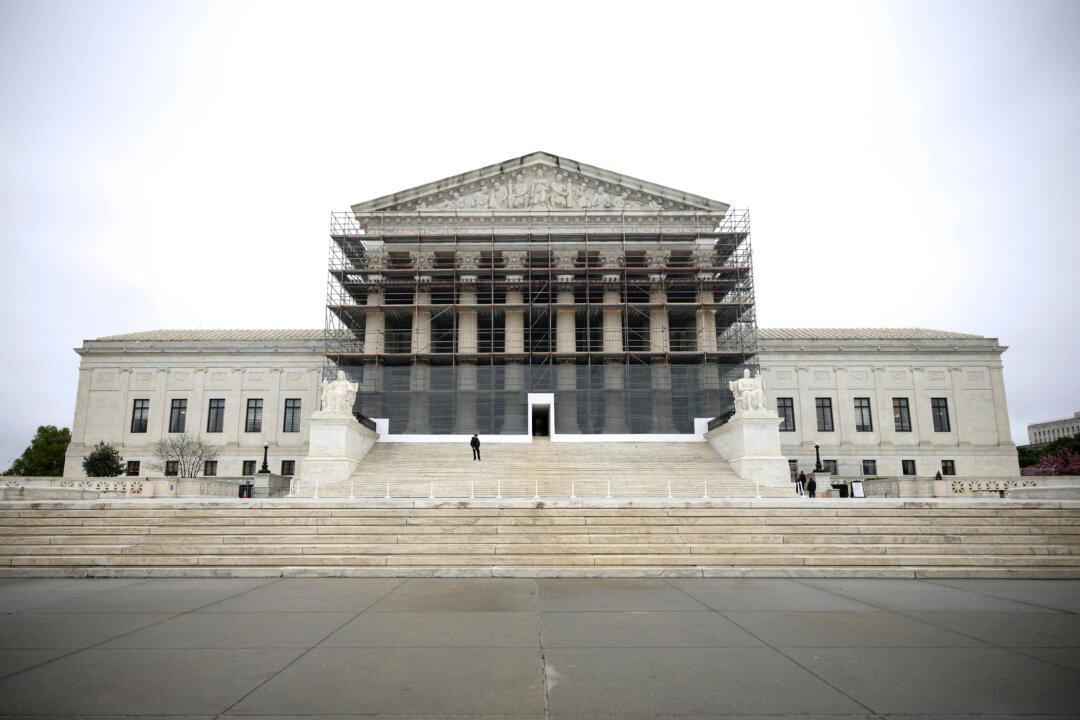The Supreme Court has temporarily blocked a lower court order requiring the federal government to return an illegal immigrant deported to El Salvador, granting the Trump administration a brief reprieve as it appeals the case.
Chief Justice John Roberts entered the stay on April 7, pausing a Maryland district judge’s ruling that ordered the Department of Homeland Security (DHS) to bring Salvadoran national Kilmar Abrego-Garcia back to the United States by 11:59 p.m. on April 7.





